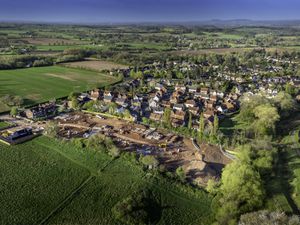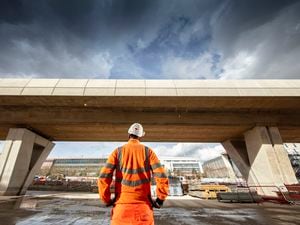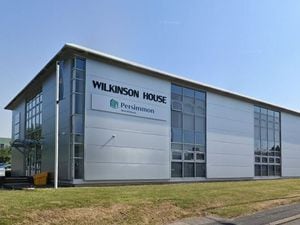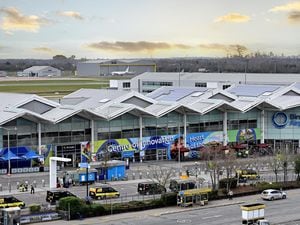JCB's plants set for record high in 2018
Staffordshire digger giant JCB expects its production plants to build a record 70,000 machines globally during 2017, according to a briefing given to West Midlands-based Confederation of British Metalforming (CBM).
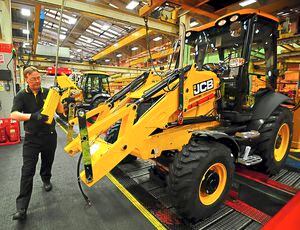
Members of the association – which has its headquarters in West Bromwich – also heard that the Rocester-headquartered company's raw materials budget had soared since sterling slumped after the EU referendum in June 2016.
JCB employs more than 6,000 people in the UK, most of them in Staffordshire including 400 at its cab factory at Rugeley and 200 at its Power Products business.
JCB's group purchase manager, told CBM members that the price of hot-rolled steel was up 57%, rubber now cost 83% more, whilst the price of copper had risen 20% since January 2016.
“It really has hit our costs and is a big challenge. The upside is that products exported from the UK are more competitive" he added.
“However, sterling's devaluation has also made it easier for JCB to source supplies and components competitively in the UK.
”At the moment, the UK supplier base appears to be operating at capacity .One of the barriers to increasing capacity is the non availability of some skilled labour .For example welders.
The CBM visit was arranged to enlighten members about opportunities to enter JCB's supply chains, and chief executive Geraldine Bolton was delighted at Mr Bell's willingness to provide so much detail.
“Everything we do is driven by our members, and given the long-term supply contracts which JCB offers, it was vital that we all understood more about its requirements, and its strategic thinking,” she said,
“This event was arranged to coincide with our celebrations to mark the centenary of the formation of our forging industry trade association which, although it no longer exists, was a forerunner of the CBM.”
The JCB event also included a presentation by Paul Forrest, head of research for the West Midlands Economic Forum.
His 'Measuring Productivity' research provided a detailed perspective on the output of Britain's economic base over the decades, and how the contribution of our manufacturing sector had shifted.
Mr Forrest's data also revealed that manufacturing's productivity had soared since the early 1980s, leaving both the whole economy and the services sector well behind, as companies invested heavily in new machinery and technology.
However, low productivity has impacted Britain's economy for decades and continues to do so. Forrest suggested that at the regional level, productivity could only be driven upward by sharp improvements in connectivity and significant investment to address the skills deficit.

